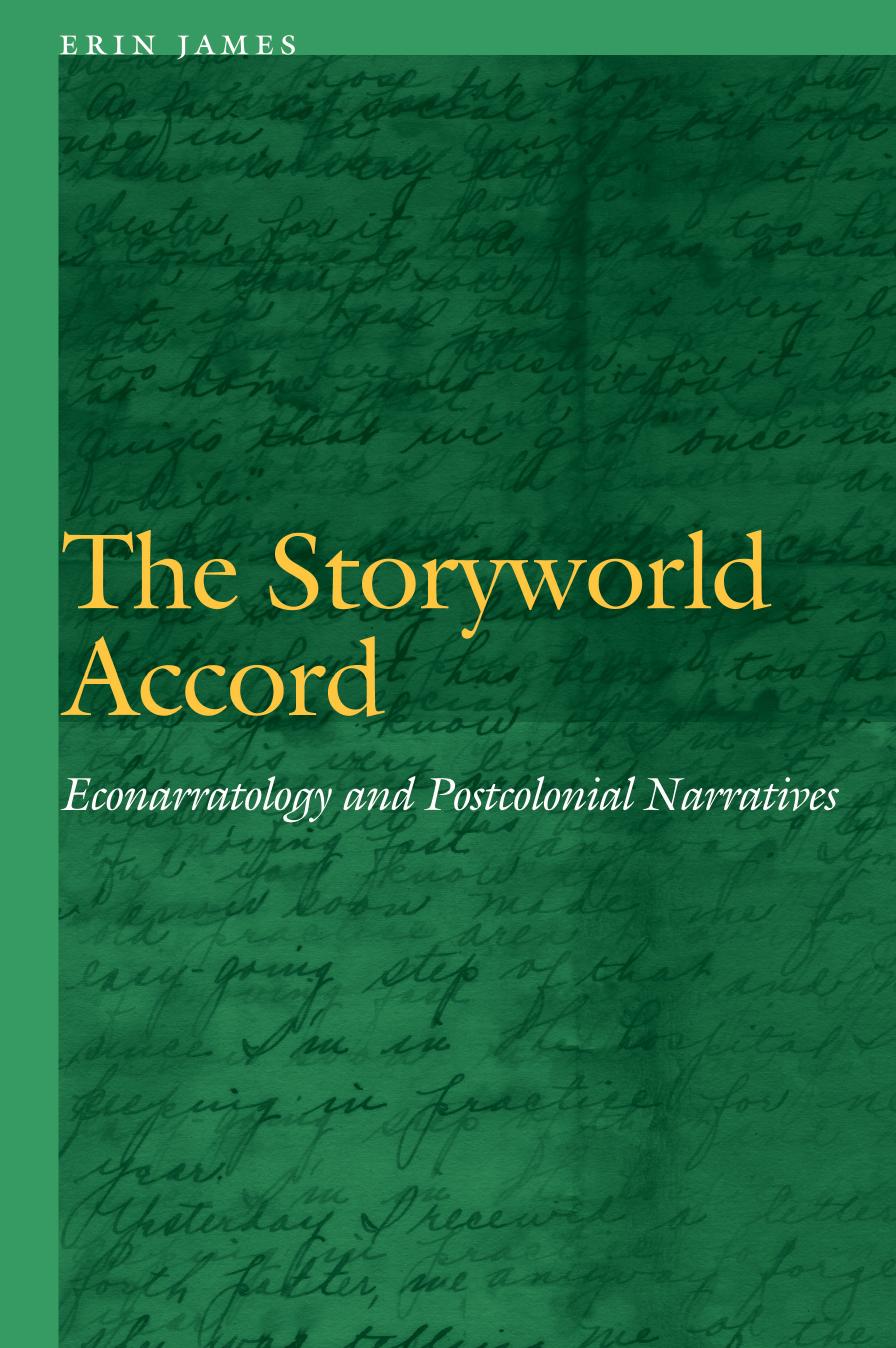The Storyworld Accord: Econarratology and Postcolonial Narratives by Erin James

Author:Erin James
Language: eng
Format: mobi, epub, pdf
Tags: Irish, Welsh, English, LIT004010 Literary Criticism / African, Caribbean & Latin American, Literary Criticism, Scottish, African, European
ISBN: 9780803243989
Publisher: University of Nebraska Press
Published: 2015-02-15T20:53:36.161000+00:00
5
National Myths and Ontological Boundaries in Ben Okri’s The Famished Road Trilogy
Early in Ben Okri’s Booker Prize–winning novel The Famished Road (1991), a poor African mother tells her young son, Azaro, a story about a man with no stomach. Azaro narrates the scene and describes both the story and his reaction to the tale. As he settles in to hear his mother’s story, Azaro finds himself transported into the world of the narrative: “Somewhere around that point in the story I fell through the back of the chair and I flew on the back of a cricket and I was the man without a stomach, heading for a feast on the moon” (81). This short scene is significant to my interest in storyworlds because it details the process of immersion that accompanies the interpretation of a narrative. Azaro, listening to his mother’s story, inhabits the stomachless man’s perspective and experiences the story’s world as does the character in the tale. In this sense, Okri’s novel offers the clearest articulation of the cognitive processes of narrative interpretation of any of the texts that I discuss in this book.
But this short and often-overlooked scene from The Famished Road is also significant because it acts as a sophisticated piece of metanarration. Okri features this scene in a chapter that is dominated by one clear theme: the terrible environmental and social conditions in which Azaro and his family live. Azaro’s mother has the time to tell her son a story because she is taking a break from her day job hawking her meager wares along the city streets to fight off an illness. The slum conditions that surround her have ravaged her body. Azaro describes her as “sadder and leaner and more sober” than she used to be, and notes that “each morning when she woke up from sleep she went around the room as if something had knocked her out the night before and she could not place what it had been” (78). Instead of focusing her energies on her recovery, Mom lashes out at the cockchafers that scuttle around the family’s one-room home. She flogs the room wildly, thrashing at the beetles that have infested the food stores and bags of provisions she relies upon to feed and fund her family. Later that night, she stubs her toe in the darkness as she cannot afford to light a candle. When Azaro asks her what she will put on the cut to treat it she responds curtly, “Poverty,” knowing that treatment is impossible given the conditions within which she lives (79). Okri represents Azaro’s father as equally destroyed by his material and social context. Azaro barely sees his father, who leaves early in the day to carry heavy loads of salt and garri at the city’s garages and marketplaces to bring home money for the family and arrives back at the house late at night. Azaro notes that Dad’s “back always hurt,” and describes the tension in his father’s face caused by the manual labor that drives resource trade: “All the tendons on his neck showed up thick and tense.
Download
The Storyworld Accord: Econarratology and Postcolonial Narratives by Erin James.epub
The Storyworld Accord: Econarratology and Postcolonial Narratives by Erin James.pdf
This site does not store any files on its server. We only index and link to content provided by other sites. Please contact the content providers to delete copyright contents if any and email us, we'll remove relevant links or contents immediately.
| African | Asian |
| Australian & Oceanian | Canadian |
| Caribbean & Latin American | European |
| Jewish | Middle Eastern |
| Russian | United States |
4 3 2 1: A Novel by Paul Auster(11052)
The handmaid's tale by Margaret Atwood(6856)
Giovanni's Room by James Baldwin(5879)
Big Magic: Creative Living Beyond Fear by Elizabeth Gilbert(4723)
Asking the Right Questions: A Guide to Critical Thinking by M. Neil Browne & Stuart M. Keeley(4576)
On Writing A Memoir of the Craft by Stephen King(4214)
Ego Is the Enemy by Ryan Holiday(3991)
Ken Follett - World without end by Ken Follett(3973)
The Body: A Guide for Occupants by Bill Bryson(3802)
Bluets by Maggie Nelson(3711)
Adulting by Kelly Williams Brown(3671)
Guilty Pleasures by Laurell K Hamilton(3587)
Eat That Frog! by Brian Tracy(3514)
White Noise - A Novel by Don DeLillo(3436)
The Poetry of Pablo Neruda by Pablo Neruda(3367)
Alive: The Story of the Andes Survivors by Piers Paul Read(3312)
The Bookshop by Penelope Fitzgerald(3229)
The Book of Joy by Dalai Lama(3218)
Fingerprints of the Gods by Graham Hancock(3214)
